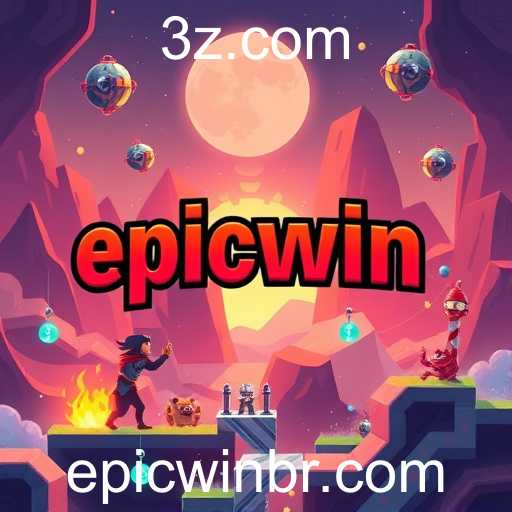In recent years, the term 'epicwin' has emerged as a powerful expression within online communities, encapsulating the euphoria of achieving something grand or overcoming significant challenges. As we progress through the mid-2020s, the phrase has cemented itself as more than just a fleeting trend; it represents a growing cultural dynamic that is reshaping how people perceive success and identity in the digital age.
Originally rooted in gamer culture, 'epicwin' connotes a moment of victory so gratifying and colossal that it transcends mundane achievements. In gaming forums and platforms like Twitch and Discord, players often use the term to celebrate remarkable victories in video games, such as finishing a difficult level or defeating a formidable opponent. However, its usage has expanded beyond gaming, infiltrating various aspects of digital life.
Today, 'epicwin' finds relevance across social media platforms, from TikTok challenges to Twitter threads that highlight personal accomplishments or societal movements. Influencers and content creators frequently employ the term to describe milestone events or viral content, tapping into the human desire for recognition and validation. This has prompted brands and advertisers to incorporate 'epicwin' into their campaigns, aiming to resonate with younger, more digitally-savvy audiences.
The adoption of 'epicwin' in various facets of life points to a broader shift in how people interact and self-express online. It underscores an era where digital achievements are celebrated akin to real-world victories, blurring the line between virtual and reality. As more individuals strive to make 'epicwins' a part of their narrative, this dynamic reflects changing attitudes towards success in a hyper-connected world.
In the context of current events, the phrase has also been co-opted during significant political and social movements, symbolizing collective victories over adversities. For instance, activists might label a successful campaign or landmark policy change as an 'epicwin' for social justice. These narratives are amplified by the interconnected nature of online communities, demonstrating the substantial impact of digital language on real-world events.
The pervasive use of 'epicwin' illustrates not only the evolution of slang in the digital age but also highlights a new landscape of aspirations defined by connectivity and communal experiences. As we continue to navigate a rapidly changing world, language such as 'epicwin' will likely remain pivotal in articulating the triumphs of a generation steeped in technology.








